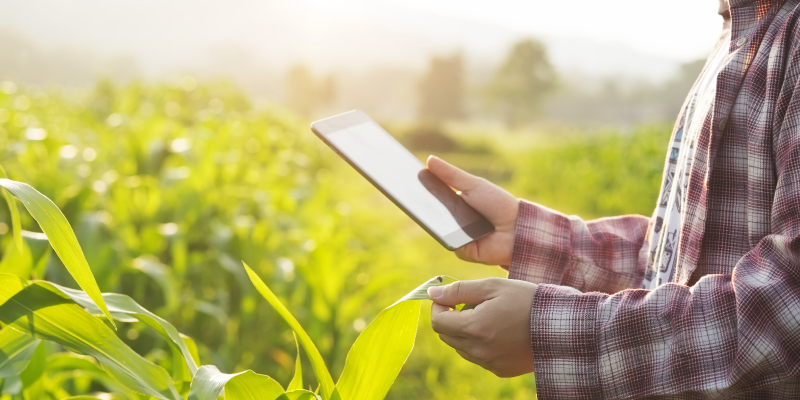
The close to universal penetration of cell phones among smallholder farmers in creating nations have enabled an incredible new tool for apportioning agricultural counsel to ranchers. Low acquisition and marginal costs make digital extension adaptable easily when contrasted with conventional in-person expansion practices.
A new paper co-wrote by Nobel Prize champ and Precision Agriculture for Development (PAD) co-founder Michael Kremer and his partners Raissa Fabregas (University of Texas) and Frank Schilbach (MIT), published today in Science, shows that practices suggested through digital expansion are received at rates that contrast well and those embraced through the course of customary in-person extension practices, and at altogether lower cost.
The paper accentuates the research utility understood in digital extension and the potential for research and experimentation to additionally improve the effect of digital advisory systems and the counsel it delivers: “Running these systems at scale allows for testing variations… and feedback loops to improve accuracy and effectiveness of messages over time.” The authors posit that realizing the “full promise of digital agriculture… will require sustained cycles of iteration and testing.”
Dr. Tomoko Harigaya, PAD’s chief economist and director of research, commented that “Understanding the impact of an agricultural intervention can be challenging because of a large fluctuation in agricultural outcomes across seasons. This paper provides extremely useful insight into the potential value of digital agricultural extension services by taking stock of the existing experimental evidence and highlighting unexploited opportunities for digital interventions. The impact estimates, with the declining marginal cost of service per farmer PAD, have seen, suggest a very high benefit-cost ratio of digital extension. As PAD continues to scale, innovate, and iterate, we see huge opportunities to enhance our impact and the inclusiveness of our services.”
Shawn Cole, the co-founder of PAD, said, “PAD’s mission is to design, evaluate and assist with the scaling of mobile phone-based agricultural advice to help smallholder farmers. This paper suggests there is potential for tremendous welfare by delivering mobile phone-based advice to improve farmers’ lives, though it also shows there are significantly more research and development to be done. Two things, in particular, excite me about the potential: First, trusted, high-quality advice could change behavior in a number of important domains (e.g., health, education, etc.); and second, the unique value of digital delivery—it can reach anywhere, including conflict areas, and at scale, may have close to zero marginal cost.”
Disclaimer: The views, suggestions, and opinions expressed here are the sole responsibility of the experts. No Open Headline journalist was involved in the writing and production of this article.
